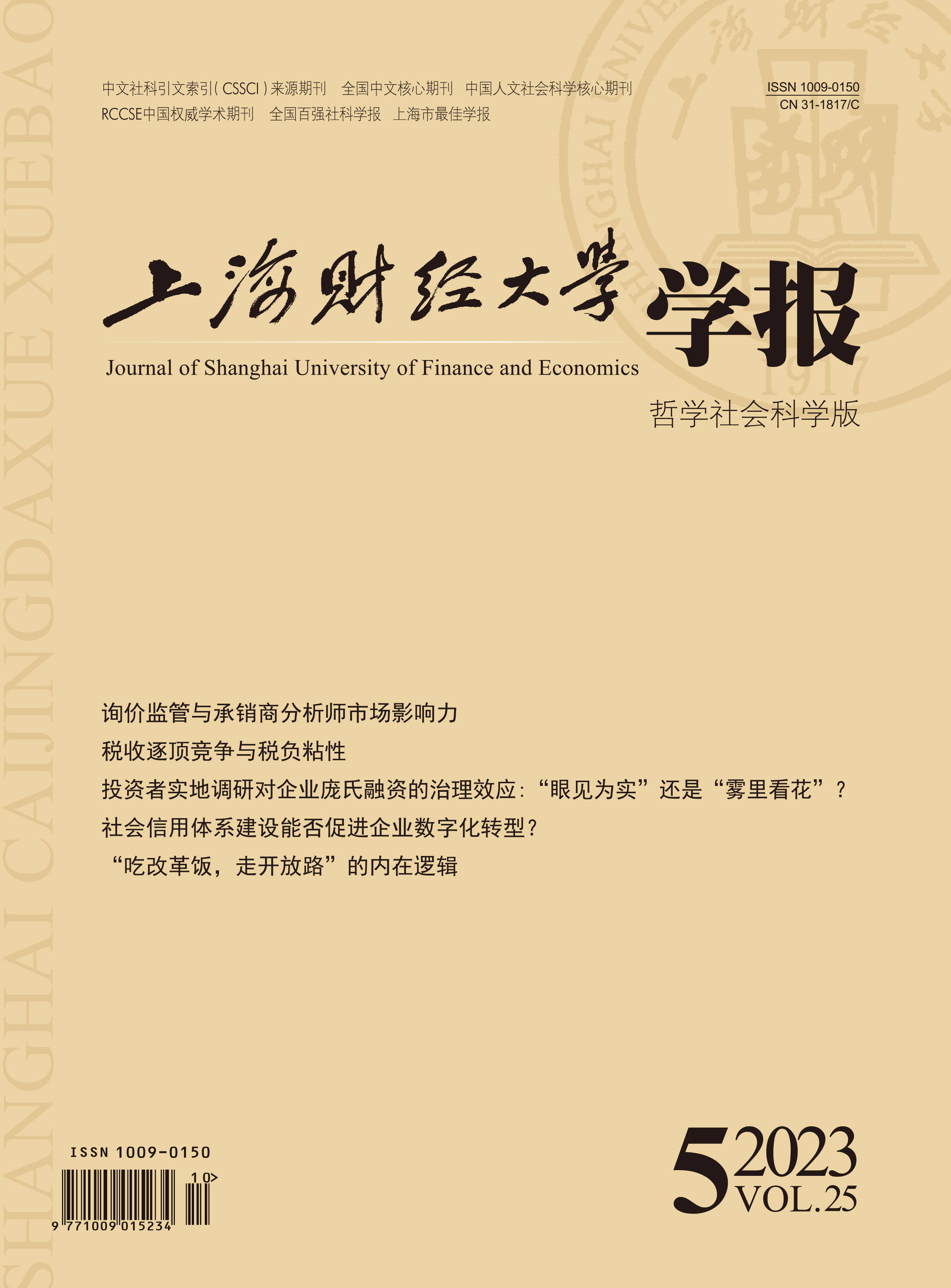The digital economy has spawned many new technologies, formats, and models. Therefore, more and more enterprises are undergoing digital transformation. In practice, it is equally important for personnel involved in digital construction to have a subjective willingness to undergo digital transformation and to be willing to support and engage in digital construction in promoting enterprise digital transformation. The construction of social credit system records and shares the credit information of economic subjects, thus establishing a credit system within the society and enhancing social trust. So, does the construction of social credit system affect the cognition and attitude of relevant entities towards enterprise digital transformation, and then promote enterprise digital transformation? This paper uses the pilot reform of social credit system as a quasi-natural experiment to study whether the construction of social credit system can facilitate enterprise digital transformation. It is found that the construction of social credit system significantly promotes enterprise digital transformation, and this effect is only reflected in the promotion of the application of underlying technology. Further research finds that the construction of social credit system promotes enterprise digital transformation by reducing agency costs, promoting employee participation, and enhancing the willingness to share information among affiliated enterprises.
The contributions of this paper are as follows: First, it studies the role of social credit system construction in shaping the cognition and attitude of the management, employees, and affiliated enterprises toward digital transformation, providing a new angle of view to study the factors that affect enterprise digital transformation from the macro-institutional environment. Second, it extends the role of social credit system construction to the perspective of ethics and value norms in enterprise digital transformation, providing a basis for further evaluation of the current social credit system. Third, it advances the research on institutionalized social trust in the context of China’s social transformation. As the “acquaintance” society moves towards the “stranger” society, the role of trust in traditional relational society is limited. This paper studies the impact of social credit system construction on micro-enterprise behavior, enriching the connotation of institutionalized social trust in China.





 5815
5815  7926
7926

